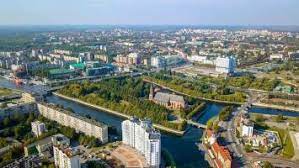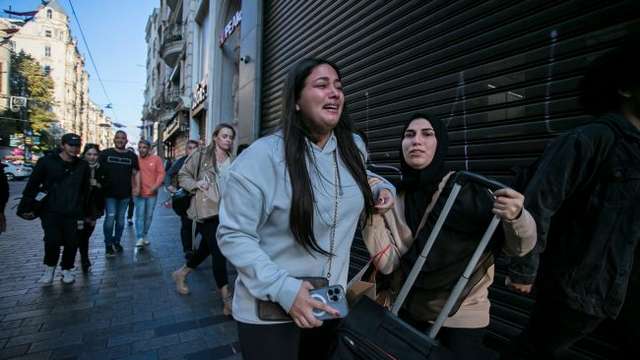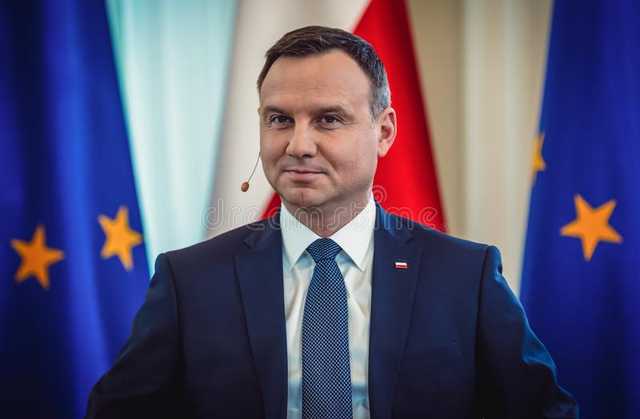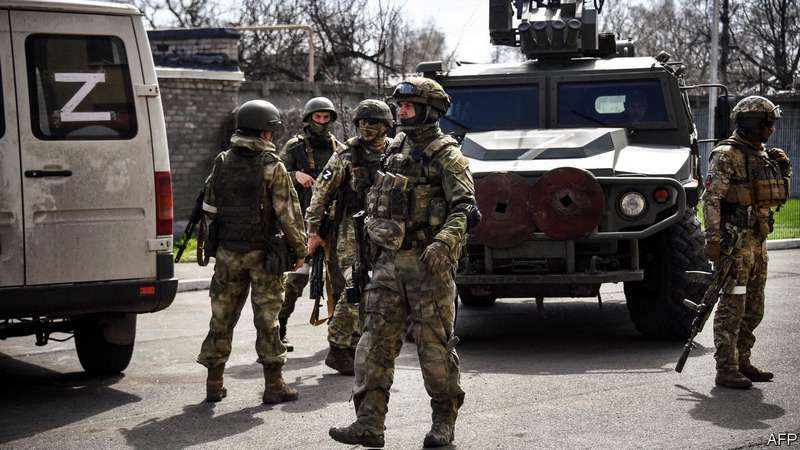
The Polish development minister, Waldemar Buda has announced that following a committee decision, the Russian exclave of Kaliningrad will now be called Królewiec in any official documentation.
The Kremlin reacted by predictably describing the action as a “hostile act”, with spokesperson Dmitry Peskov saying the move “bordered on madness”.
The new name is actually how the city and area was known under the rule of the Kingdom of Poland, back in the 15th and 16th centuries.
The change is said to have resulted largely from Russia’s illegal invasion of Ukraine, although Warsaw have also pointed towards the negative connotations that the “imposed name” has on its citizens, with its connection to a second World War massacre in Katyn, when thousands of Polish officers were executed by Soviet forces.
Named in honour of a Soviet Politburo signatory
When immediately after the end of the war, the Soviets annexed what was known by the German name of Königsberg under Nazi rule, they renamed it to honour politician Mikhail Kalinin. It had actually been part of the old East Prussia and the new name of Królewiec that is being introduced, is the Polish translation of Königsberg.
The Poles insist that the name Kaliningrad is unrelated to either the city or the region and has what they say is an “emotional and negative” resonance in the country.
Kalinin, was one of the leaders of the Bolshevik revolution, but in Polish eyes he was also one of six Soviet Politburo signatories who ordered the execution of more than 21,000 Polish prisoners of war, in the forests of Katyn and elsewhere, back in 1940.
Forced to acknowledge crimes
Having initially blamed the Nazis for the shocking crime, and then imposed a communist regime on Poland at the conclusion of the war, which effectively prevented the relatives of the victims from openly investigating or even publicly discussing the atrocities, the Russians were forced to acknowledge their responsibility in 1990.
Then when the Soviet Union broke up in 1991 and many of its states gained independence, Kaliningrad – which sits in an exclave between Poland and Lithuania on the Baltic coast – was cut off from the rest of Russia.
Committee recommendation
Poland’s Committee on Standardisation of Geographical Names Outside the Republic of Poland said it was recommending with immediate effect the city’s name change, stating: “Each country has the right to use in its language traditional names constituting its cultural heritage, but it cannot be forced to use names unacceptable by it in its language.”
Whilst the recommendation is not binding, it is expected that Polish state bodies will unanimously adopt the name change.
Mr Buda commented: “The current Russian name of this city is an artificial baptism unrelated to either the city or the region; we do not want Russification in Poland and that is why we have decided to change the name.”
Border fortifications
The relationship between Russia and Poland has always been strained at best; indeed when the Red Army drove out Nazi forces from the country at the end World War Two, most Poles were of the opinion they simply replaced one repressive regime with another of equal standing.
There has been growing concern amongst Polish officials that the Russians could take advantage of the Kaliningrad borders and as a result anti-tank obstacles have been positioned at crossings and temporary fortifications have been erected in the shape of a 2.5 metre high wire fence, kitted out with cameras and motion sensors.
Strategically important
The city can be traced back to the 13th century Teutonic knights and was in fact once the capital of Prussia. It remains of enormous strategic importance to Moscow as it is home to the Russian Baltic Fleet at the port of Baltiysk.






0 Comments